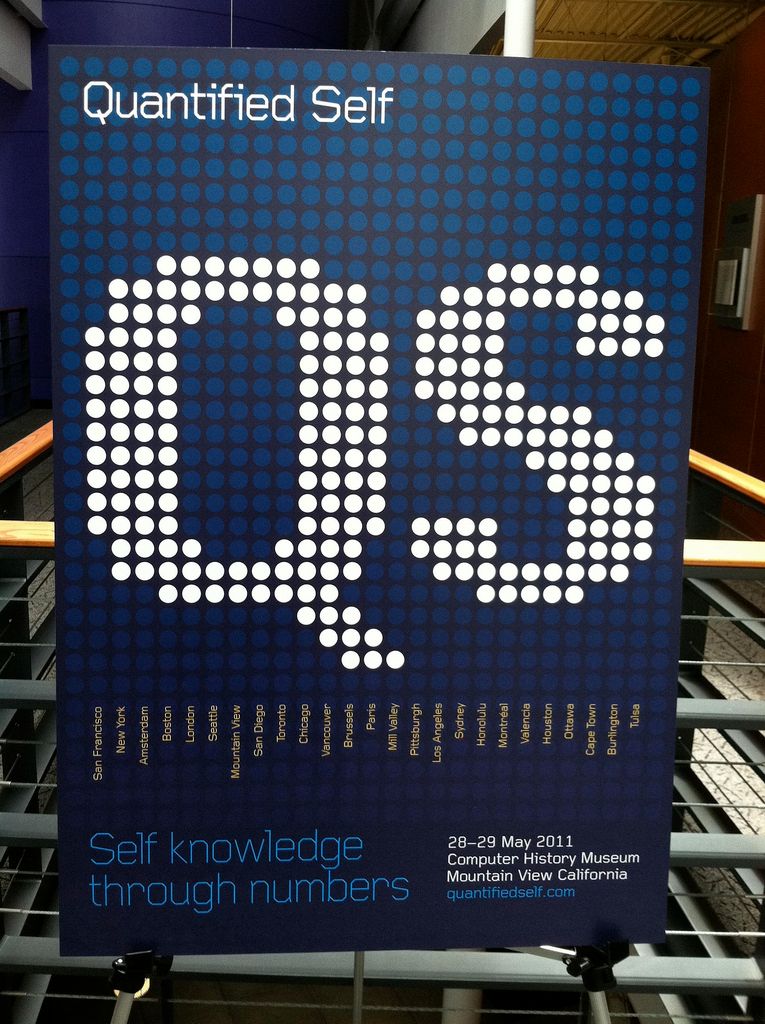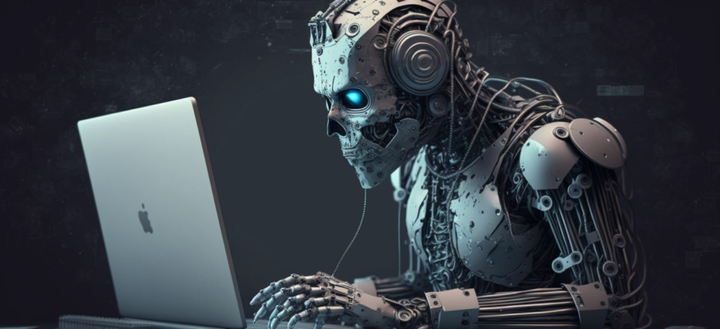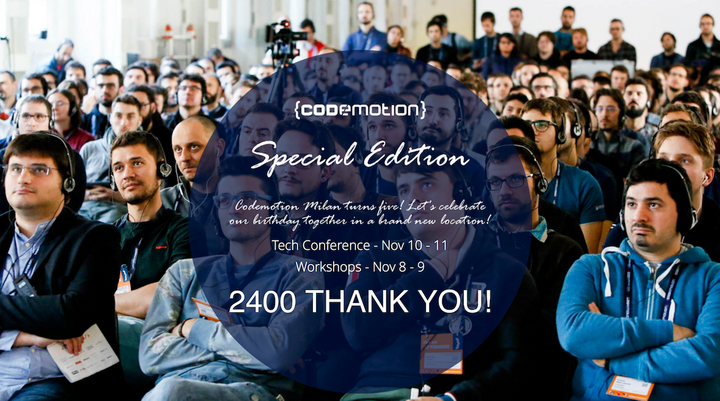quantified-self is passé, let me introduce the brand new linked-self

When I think about all the quantified-self stuff, I can't help but recall this xkcd strip.

Quantified self, lifelogging, IoT, are all "blockier" samples of the real world as well.
But together with other digital samples and artefacts, they are shaping our digital identities and properties.
What once was a rather limited definition of self, has now been expanded in a greater way.
The magic of the digital tradition is our new interconnected knowledge and the way we can now make it explicit through hyperlinks.
Therefore, I think we must add a new kind of digital representation of ourselves: the linked-self.
Think for a moment about your LinkedIn or Facebook profile. Not very long time ago, figuring out all your professional connections or just your friends was a job for thieves or private investigators. Now all these relationships are just one click away from your mouse.
Or Think about your endless effort to bookmark interesting things you stumble upon on your internet roundabouts. If you start to bookmark sites and on-line articles tagging them on Evernote, you soon end up with a very interesting map (even if very partial) of your interconnected knowledge.
Now take a look into the far future: is this "library of tags" going to replace or extend the functionality of your actual "library of printed books"? As every scholar knows accurately displaying read books is almost as useful as reading new ones. Analogously, I think that in the future, the same will be said for our tags too.
we need to build content for a permanent web, not a kaleidoscope
The problem with links is that their value is strictly related to the availability of the things they are pointing to. Unfortunately, the actual implementation of Internet contents is useless in creating such a permanent value.
The way we manage DNS, build websites, store media and publish references to them is extremely fragile and ephemeral. Very interesting stuff appears and disappears on the internet at a rate that is simply not compatible with the production of real culture.
Digital media are fragile because they are very centralised and they are ephemeral due to the fact that they are stored where they cost less and not where they can stay for long.
When you look at a real web made by a diligent spider, you see a beautiful interconnection of lines. They seem fragile, but as every fly that remains glued to them knowns very well, they are incredibly strong links.
Funny enough, we call nowadays a world-wide-web the mess of links, web pages and media files we share on the internet. We should call it a world-wide-kaleidoscope instead because it changes every time we look at it. Think about the very first time you faced a 404 HTTP error: that is the moment when you lost your hyperlink' s innocence.
There is still hope: meet for example IPFS, one of the most exciting projects about building a permanent, decentralised, and distributed web.
It's not by accident that these words are strongly connected: to build something really permanent you should build it resilient (aka distributed)[1].

The migration from URLs to content-addressable hyperlinks[2], as proposed by IPFS, solves only one side of the problem. We must first find a practical way to manage digital identities and their relative digital silos, otherwise we will not be able to effectively leverage this technology.
we need to find a way to charge for the content, not for the links
Disappearing contents is not the only threat to the power of hyperlinks. The UE Commission recently tried to fix a today unfixable problem (making money with copyrighted content), by putting the blame on the links themselves[3]. In Timothy Vollmer's words: "...the Commission is planning on introducing a new copyright-like right for news publishers despite the wide opposition. These types of rights would permit publishers to try to extract fees from search engines for incorporating short snippets of—or even linking to—news articles. The link tax doesn’t work. It would create additional burdens on researchers and educational institutions, it undermines the intention of authors who wish to share without additional strings attached (such as creators who want to share under Creative Commons licenses), and it would have a negative impact on access to information online."
Obviously, we need to find a way to monetize both content and publishing efforts.
But as I like to say: "attribution is more important than retribution" and the path to rights managment should be based on permanent links and proof of existence[4], rather than ContentID.
Here we are again: without a strong model for bonding together digital identities, digital silos and digital contents, our electrified culture will resemble even more a disgusting mess of spaghetti-contents instead of a strong and elegant web of knowledge.
notes
- front image by Bytemarks
see the talks of Vint Cerf and Tim Berners-Lee at the recent Decentralized Web Summit; the image is taken from the work of Paul Baran, On Distributed Communications Networks 1964 ↩︎
see content addressable storage as the inspiring idea of IPFS' proposal ↩︎
see for reference: Leaked European Commission Copyright Plans Ignore the Public Interest by Creative Commons, Upload Filtering Mandate Would Shred European Copyright Safe Harbor by Electronic Frontier Foundation, and What the heck is ancillary copyright and why do we call it the Link Tax? by OpenMedia ↩︎
i.e. blockchain-based projects like ascribe or Proof of Existence ↩︎


